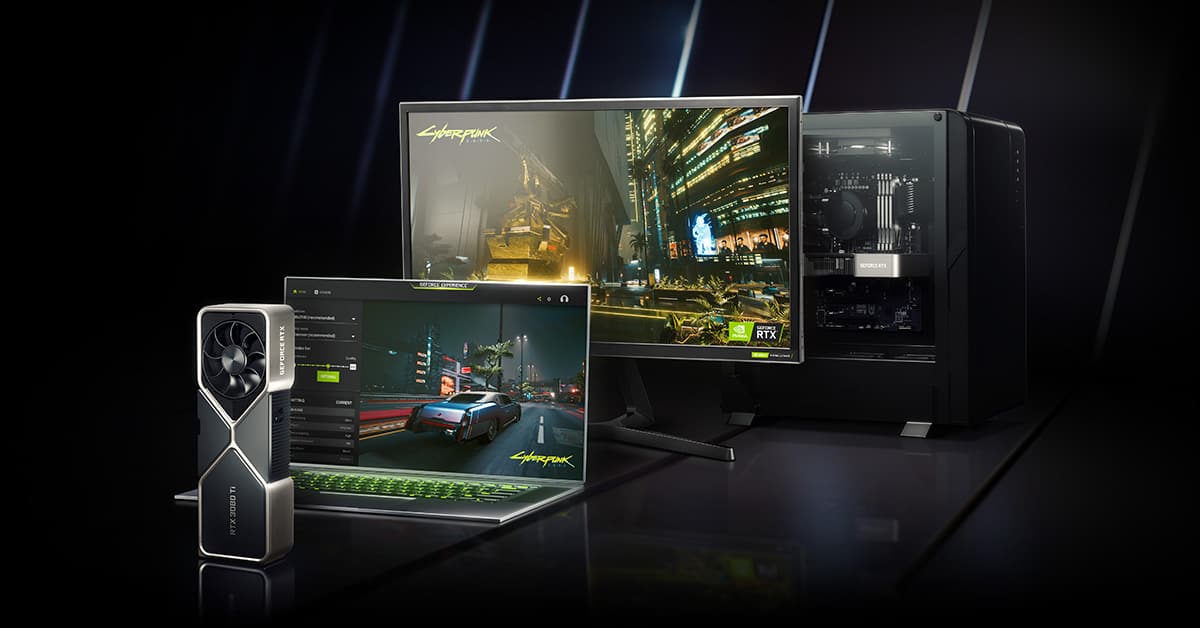Is a GPU needed for gaming?

Table of Contents
The GPU is an essential component for gaming. The GPU is responsible for rendering the graphics and images in games, and it plays a crucial role in determining the quality and smoothness of a user’s gaming experience. Without a dedicated GPU, the CPU (central processing unit) would have to handle all of the graphics processing tasks, which can cause slowdowns, lag, and low frame rates, particularly in modern games that require high-end graphics. Thus, a GPU is needed for gaming, but not necessarily required.
Many modern games are designed with high-end graphics in mind, and they often require a powerful GPU to run smoothly at high settings. In some cases, certain games may not even be compatible with older or low-end GPUs.
Therefore, while it is technically possible to play games without a dedicated GPU, it is generally not recommended, particularly if you want to play modern games with high-quality graphics and smooth performance.
Do games rely on a CPU or GPU?
Several games rely on the GPU for rendering the graphics and images in the game. It takes the data from the CPU and processes it into images that can be displayed on the screen. Modern games with high-end graphics require a powerful GPU to render the graphics and images smoothly, while games with less demanding graphics may rely more heavily on the CPU.
The CPU, on the other hand, is responsible for handling the general processing tasks of the game, such as physics calculations, AI, and game logic. The CPU is also responsible for managing the system resources, including memory and storage. Some CPUs have integrated graphics on them, but a GPU is needed for gaming in the vast majority of cases – though not all the time.
What happens if you don’t use a GPU?
When it comes to gaming, having a dedicated GPU (graphics processing unit) is highly recommended. However, if you don’t have a dedicated GPU and instead rely on the integrated graphics processing unit of your CPU, you may experience several issues while gaming, depending on the game’s graphics requirements. A GPU is needed for gaming only if the end user is playing something graphically intensive.
One of the main issues you may encounter without a dedicated GPU is low frame rates. The iGPU of your CPU may struggle to render the graphics and images in modern games, leading to lower frame rates and a less smooth gaming experience. Additionally, many modern games require high-end graphics to run smoothly at high settings. Without a dedicated GPU, you may need to lower the graphics settings in your game to achieve acceptable frame rates, resulting in a less visually impressive gaming experience.
